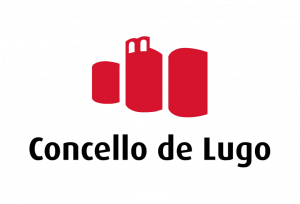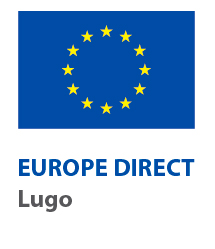
The most important European educational programmes are Comenius, for schools, Leonard da Vinci, for career training, the Erasmus programme, for university learning and Grundvig, for adult learning.

The e-learning programme promotes the effective integration of information and communication technologies (CIT) into the EU’s education and training systems. The most important branch of this programme is the eTwinning programme, which offers schools an internet portal with the tools and support to facilitate the implementation of twinning projects between centres in different countries. eTwinning’s pairings enable teachers across all subject ranges to develop common teaching projects, sharing experiences and teaching resources and introducing the European dimension into the classroom. Students have the opportunity of learning about and with students from other countries, of practising foreign languages and of developing CIT-related skills.
In 1995 the European Commission published a white paper on education and training. It explained at length the importance of European citizens being able to receive training throughout their lives, something known as lifelong learning. The objective is to maintain competitiveness and combat social exclusion.
Collecting these ideas, the Memorandum on lifelong learning, a document of work services from the European Commission, organised a European debate in the year 2000 to make lifelong learning at both personal and individual levels a reality. At the end of the Memorandum, six key considerations for this strategy were set out: guaranteeing universal and ongoing access to learning to gain and renew qualifications, increasing investment in human resources, creating effective methods for lifelong learning, valuing non-formal and informal learning, advising and informing about lifelong learning opportunities and offering future opportunities for lifelong learning.
Even so, there remain large differences at a cultural, social and moral level between developed and potential EU countries and those less developed. Even in some of the rich countries there are very weak professional standards counter-productive to the philosophies of the Union.
The European Union has always been known as one of the most prestigious parts of the world for education and it is famous for its projects and its experience and highly evolved systems. Although it is deficient in certain areas, a great deal of economic and social effort has been dedicated to overcome these deficiencies, above all in countries that have recently joined the Union.
In recent years the so-called Bologna Process, a European inter-governmental agreement, has endeavoured to create a European Higher Education Space to facilitate the movement of students in the agreement’s member countries.
Education and training in Europe:
http://ec.europa.eu/education/index_fr.htm
Recognition of professional qualifications:
http://www.enic-naric.net/
Learning in Europe:
http://ec.europa.eu/ploteus/home.jsp?language=es
Recognition of EU degrees
http://ec.europa.eu/education/policies/rec_qual/recognition/index_fr.html
European countries’ teaching guide:
http://www.euroeducation.net/
European scholarships:
http://cordis.europa.eu/fp7/dc/index.dfm?Europass
The environment for young europeans:
http://ec.europa.eu/environment/youth/index_es.html
Eurochavales:
http://www.eurochavales.es/
Recognition of EU degrees:
http://ec.europa.eu/education/policies/rec_qual/recognition/index_fr.html
